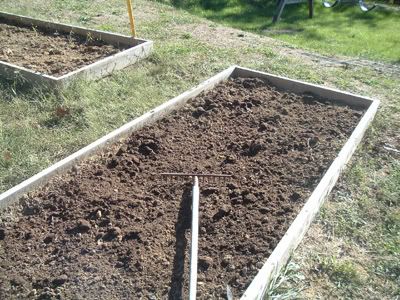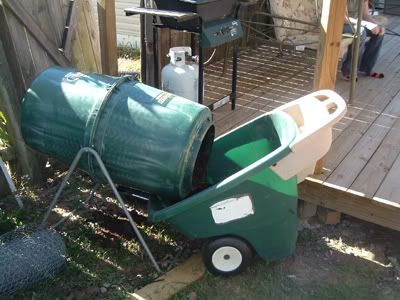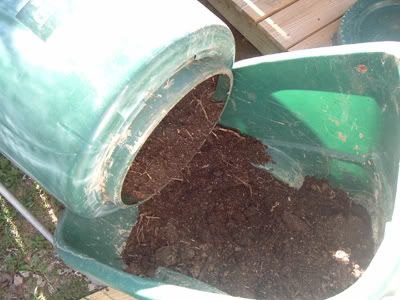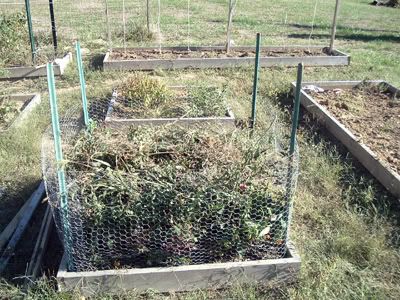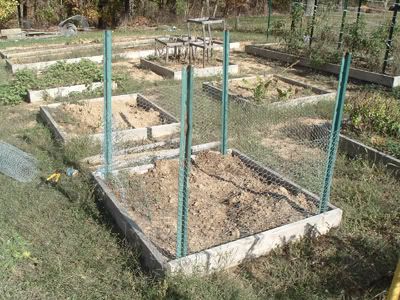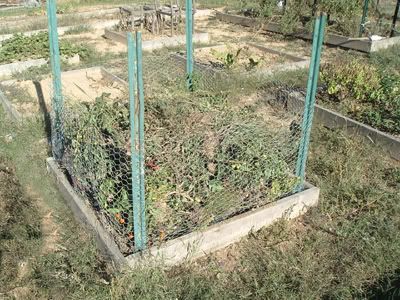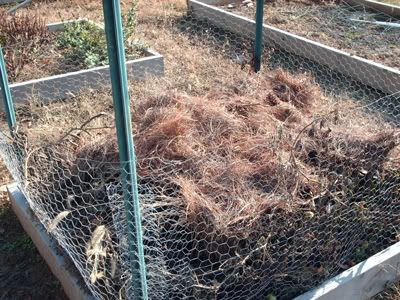Thanksgiving Snow on the Cabbages
Here in Kentucky, we got to enjoy a few Thanksgiving snow flurries. For many, it put them into the Christmas spirit and made them want to go shopping early on "Black Friday". For me, it made me want to go see how the garden is doing. While the masses were up early fighting the crowds at the stores, I was taking these pictures of the snow on our cabbages.
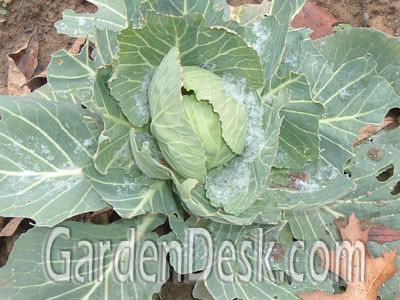
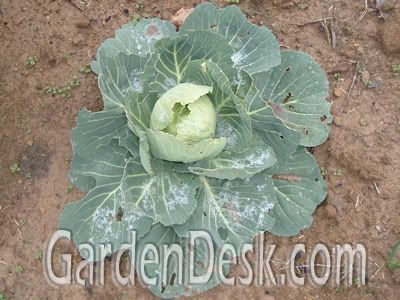
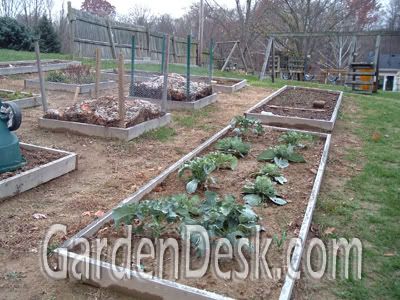
Now that it is getting colder, I wish I would have made the cold frames that I planned to. With the aid of cold frames, you can grow keep the garden growing practically all year long. I plan to build many coldframes this winter and be ready to use them for early spring sowing. I will let you know when those are built.
Without the cold frames, I still have broccoli, cabbage, Brussels sprouts and carrots in the garden. Of course, my main crop is still compost.
This pile below has cooled off and is ready to be turned. It is easy to tell since the snow that fell on it didn't melt.
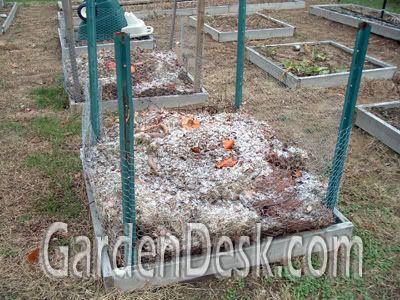
See how the snow didn't stick to the top of this pile:
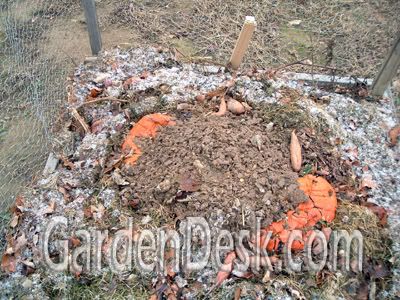
That's because the top of this pile is made of used bedding from our Guinea Pigs and what's left of the jack-o-lanterns. Both are decaying rapidly and are still warm.
I hope to make another sizable compost pile soon. I have plenty of brown material available and since it hasn't been very cold here for very long, green grass is also still available. If I bag up some grass and mix it with leaves and dead garden plant material, I will have a really hot compost pile in which no snow will stick.
I doubt I'll get that accomplished this weekend. I plan to spend what's left of Thanksgiving weekend with my family actually being thankful for all we have but do not deserve. As for Christmas shopping, I'll do my part by staying out of the way of those frantic shoppers!

